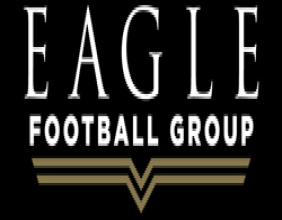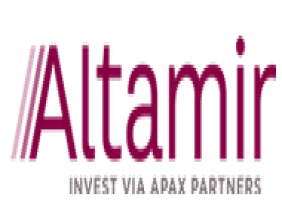Highlights
- Diageo's share price recently reached a new 52-week low.
- Multiple research firms adjusted their outlook on the stock.
- The stock has fluctuated significantly in recent trading sessions.
Introduction to Diageo's Sector and Recent Activity
Diageo plc (NYSE:DEO) operates within the global alcoholic beverages sector, known for its diverse portfolio of premium brands. With a presence in nearly every corner of the world, the company remains a major player in spirits and beer, offering products ranging from whisky to beer and ready-to-drink cocktails. Recently, Diageo’s share price reached a 12-month low, stirring discussions about its current standing in the market.
Diageo's Recent Performance
The company's stock price recently hit a new 52-week low, trading as low as $112.75. This occurred during mid-day trading when the volume of shares exchanged was notably high, indicating a possible shift in investor sentiment. Following this dip, the stock closed at $112.58, down from the previous closing price of $115.95.
This decline in Diageo's stock value is part of a broader trend in the market, where various global economic factors have influenced the performance of many companies, including those in the beverage sector. These market shifts have led to a revaluation of companies like Diageo, prompting both market analysts and investors to reconsider their perspectives.
Recent Revisions from Research Firms
Several research firms have weighed in on Diageo's current market standing. TD Cowen, for instance, revised its price target for Diageo from $124.00 to $129.00, signaling a slightly optimistic outlook for the company despite the recent drop. Similarly, Jefferies Financial Group raised its rating on Diageo from a "hold" to a "buy," pointing to potential improvements in certain aspects of the company’s operations. Furthermore, UBS Group also upgraded Diageo from a "sell" to a "buy," showing differing views within the financial community about the company's future.
Despite these revisions, it is important to note that not all analysts have shown the same level of confidence in Diageo's prospects. Some have maintained a more neutral or even negative stance, with a mix of "hold" and "sell" ratings. The diversity of opinions reflects the complexities of evaluating a company in an unpredictable market environment.
Market Sentiment and Factors Affecting Diageo
While Diageo’s brands enjoy a strong reputation globally, external factors such as inflation, shifts in consumer behavior, and regulatory changes in key markets continue to shape the company's performance. The beverage sector has witnessed fluctuations in demand for alcoholic products, with some regions experiencing slower growth or changing preferences. Additionally, Diageo's international footprint exposes it to currency exchange risks and geopolitical challenges, which can further influence its financial outcomes.
Moreover, with the ongoing trend of health-consciousness among consumers, Diageo faces pressure to diversify its product offerings and innovate to meet evolving demands. The company's ability to navigate these challenges, adapt its strategies, and continue driving revenue growth remains a focal point for stakeholders and analysts alike.
Investor Sentiment and Trading Activity
The recent price movement of Diageo shares reflects a shift in investor sentiment. With the stock hitting a 12-month low, traders and long-term stakeholders have been reassessing their positions in the company. High trading volumes indicate that many are reacting to the market shifts, which could be a sign of greater volatility ahead for Diageo.
However, despite the recent downturn, Diageo remains one of the largest and most recognized names in the spirits industry. Its ability to maintain a strong market presence, even amid challenges, continues to attract attention from various market participants.
The financial community's diverse views on Diageo's future performance underscore the complexities of investing in large, multinational corporations. For some, the recent price movements may represent a signal of recovery potential, while others may view it as an indication of persistent hurdles in the company's path. As always, investors must evaluate Diageo's long-term outlook in the context of broader market dynamics and sector trends.




